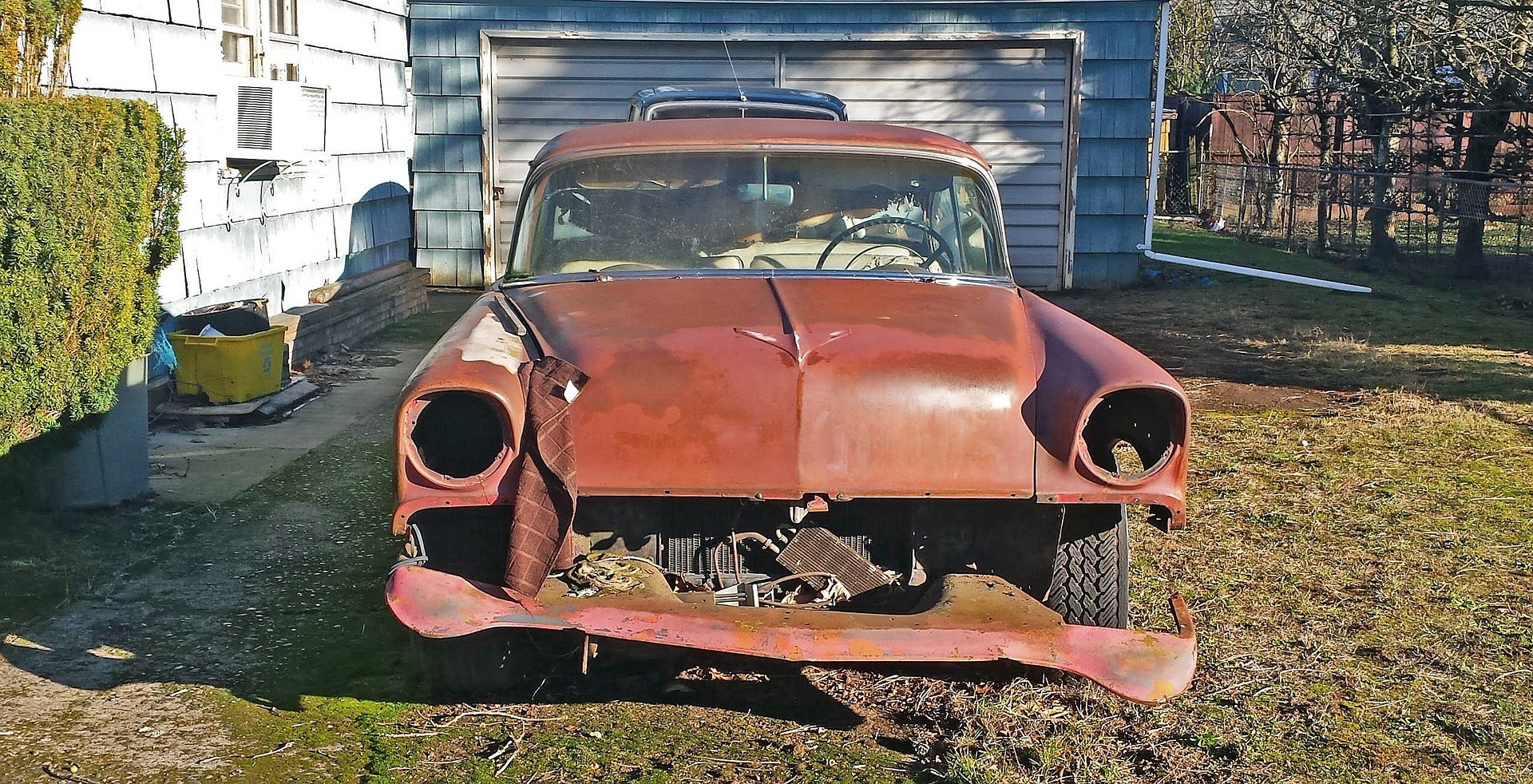
If you don’t have a lot of money and you’re in the market for a new house, you may be tempted to buy the cheapest home you find with the intention of fixing it up. However, just because a house is cheap doesn’t mean it’s a wise investment. Here are a few things to watch out for when considering the cheapest home:
Less Money, More Problems
The cheapest home is usually cheap for a reason. It’s always wise to hire a professional to inspect the home before you buy it, just in case the house has any serious issues. Ugly paint colors and outdated carpeting are easy, cosmetic fixes, but structural problems could turn your “new” home into a money pit. Why buy an $80,000 home with $20,000 in repairs, when you can buy a $100,000 home that is move-in ready and save yourself the trouble?
Not Livable? Not Approved
When you buy a home with a conventional mortgage, the appraiser will inspect the house to figure out its market value. When you buy a home with an FHA mortgage, the appraiser will inspect the house to find out its market value and to make sure it meets the Federal Housing and Urban Development (HUD) standards for health and safety. That means it has to be livable for everyone moving into the home.
Here are a few things they look for in the appraisal, according to HUD guidelines:
- They want to make sure that the lot is graded so that any moisture would drain away from the house and not flood it.
- Bedrooms must have some kind of access to the outside, so that everyone can escape in case of a fire. Bedroom windows are acceptable, as long as they’re large enough for a person to fit through them.
- Lead-based paint is still present in many homes built before 1978, and it still poses a health risk. If there’s any damaged paint, including peeling or chipping, you’ll have to get it fixed in order for the loan to get approved.
- Steps and stairways must have handrails.
- The heating system must be sufficient enough for the home to be comfortable for its occupants and good for their health.
- The roof must be in acceptable condition, without leaks and moisture, and should be easy enough to maintain in the future.
- The foundation also must be able to withstand any normal amount of weight placed on it, and it should be in acceptable condition.
Generally, if you’re buying a cheaper home and you know it’s going to need some fixing, just make sure you’re not buying something that’s going to give you more headaches than it’s worth. If you’re going to spend that much money on repairs, you might as well buy a slightly more expensive home that you can move into comfortably.
For more information on the FHA loan or to find out whether the home you’re considering fits the livability guidelines, contact one of our mortgage officers at (800) 555-2098.

 800-555-2098
800-555-2098

